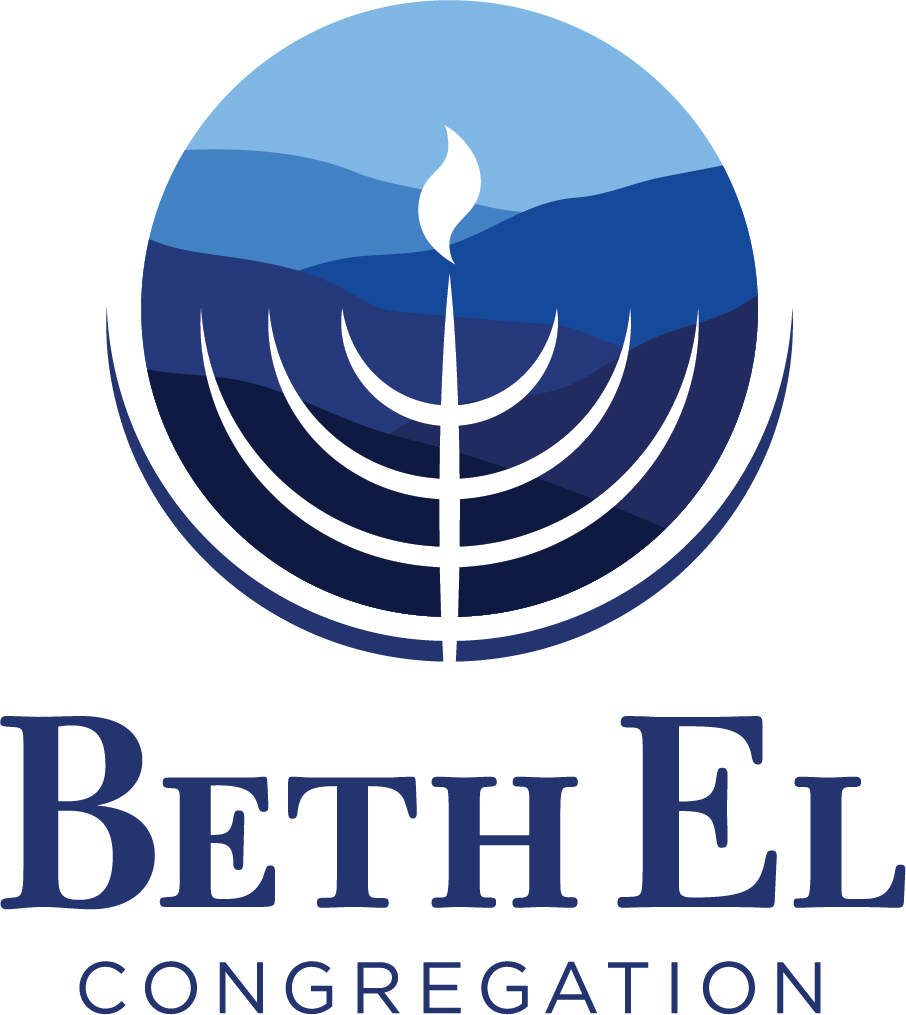D’var Torah – August 29
Shabbat Shalom!
I hope this finds you well.
A month ago, the United States Army celebrated a cherished milestone: the 250th birthday of the Chaplain Corps. For 250 years, Chaplains, uniformed clergy – Jewish, Protestant, Catholic, LDS, Muslim, Buddhist, and Hindu have been there with our troops, from the bitter cold and heavy snows of Valley Forge and Bastogne, to the desert heat of Iraq and Kuwait, through the pounding surf of Omaha Beach, to the jungles of Vietnam, and from the cliffs of Pointe du Hoc and Afghanistan to the concrete labyrinths of Baghdad to Ramadi. No matter the danger, no matter when or where, and no matter the cost, U.S. Army Chaplains have put their lives on the line for the last 250 years to care for the spiritual and emotional well-being of our Soldiers and their families.
But Chaplaincy doesn’t belong just to the military alone. Go to most hospitals and you’ll see a chapel as well as chaplains making the rounds, visiting and praying with patients and their families, and if needed, conducting last rites. Go to a public ceremony (ex: inauguration of an elected official, opening of a city council meeting, launching of a ship, unveiling of a monument, or a high school or college graduation) and you’ll see a rabbi, priest, minister, or imam delivering the invocation and benediction. If you ever visit a correctional facility, you will most likely see a chaplain working with prisoners to help them atone for their crimes and write a new chapter in their lives. Believe it or not, many large companies have now embraced the idea of “corporate chaplains”. Finally, go to a major sporting event (ex: the Daytona 500, the Army-Navy Game, or even a football locker room) and you’ll see clergy delivering a prayer and word of encouragement to the players, coaches, and even fans. Just as with the military chaplaincy, these sacred moments in which we remember to connect ourselves to God do not take place in synagogues, churches, temples, or mosques; rather, they occur in our high school gymnasiums and college auditoriums, our halls of government, our basketball courts and football fields, and everywhere in between.
This mandate of chaplaincy goes beyond the history of our country. In fact, in this week’s parsha (portion) of Shoftim (Deuteronomy 16:18-21:9), we are given the following commandment: “Before you join battle, the priest shall come forward and address the troops.” (*Deuteronomy 20:2). This is the epitome – the gold standard – of what it means to be a chaplain, of having clergy present at a pivotal moment in one’s life. Asking to see one’s Rabbi right before major surgery, heading down the tunnel onto the turf at a national championship, or about to enter the board room to negotiate a deal that will impact the lives of thousands of employees and their families is what this is all about.
There is a famous expression in the Army Chaplain Corps: “go turn wrenches with your Soldiers.” In other words, chaplains should go to the flock versus waiting for the flock to go to the clergy.
Perhaps there are two important lessons here. First for the clergy – don’t wait for folks to fill in your pews. Much of your powerful ministry will take place in congregants’ living rooms, offices, and hospital rooms. Second, for congregants – allow not just your clergy, but indeed your fellow congregants and God into your lives. Holiness need not reside within the walls of a synagogue, church, or mosque alone. God’s lessons and teachings are meant to be infused, experienced, felt, and present in every decision, every step, every location, and every moment of our lives.
Bizrat HaShem, with God’s help, may remember the importance of chaplaincy and making every moment of our lives holy and sacred.
Wishing you a Good Shabbos and a great weekend.
Rabbi Aaron Stucker-Rozovsky
Beth El Congregation | 520 Fairmont Ave, Winchester, VA 22601
(540) 667-1889 (office)
